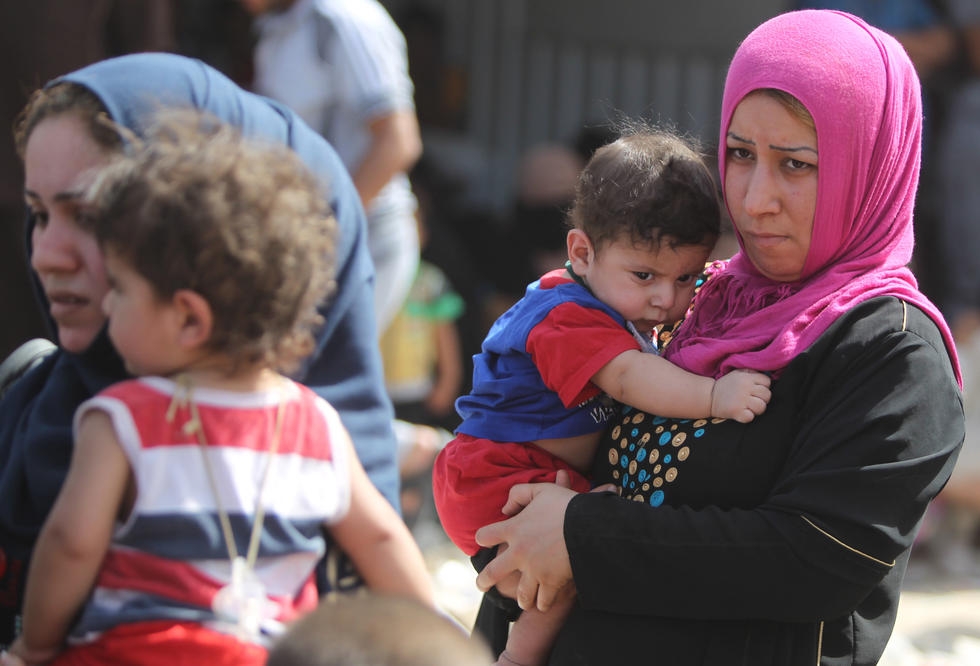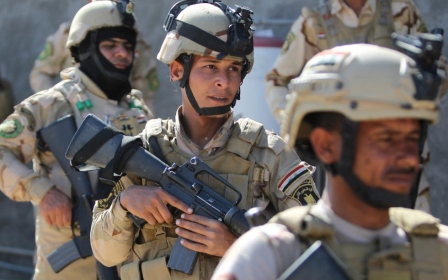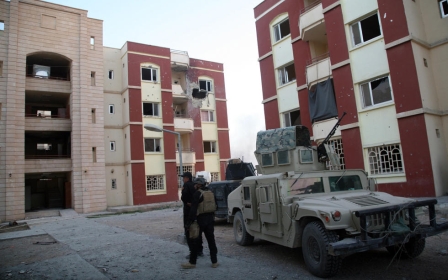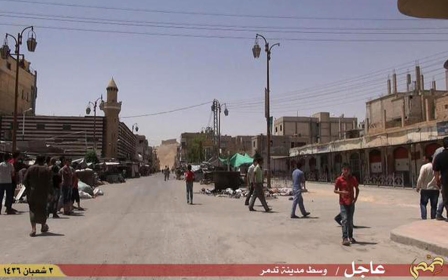Baghdad urged to open key crossing-point for Ramadi refugees

Leaders of Iraq’s stricken city of Ramadi have issued an urgent plea for Baghdad to reopen a key route into the capital.
Tens of thousands of Iraqis are attempting to flee Ramadi, the central Iraqi city that has become the scene of a fierce fight between the Islamic State (IS) group and the Iraqi army backed up by a volunteer-based militia force.
An Iraqi parliamentarian said on Saturday that Baghdad had so far accepted up to 40,000 civilians fleeing the fighting for the relatively stable capital.
However, many more say they are now trapped at Jisr Bzeibz, a bridge that houses the only checkpoint into the city from the direction of Ramadi.
Authorities closed the bridge on Friday – no reason was given for the decision, although officials have spoken of fears that militants could mix in with the refugees and seek to cause further unrest within the capital.
Baghdad opened the bridge for refugees fleeing Ramadi last Tuesday, but required the thousands of internally displaced people to have a guarantor living in the capital who could vouch for them.
The UN’s World Food Programme says it is attempting to deliver supplies to people still in the province of Anbar, of which Ramadi is the capital.
However, there were reports this week that up to seven of the refugees had died of hunger and thirst as they attempted to reach Baghdad, in a journey of some 130 kilometres that usually takes just 90 minutes but has taken many people days amid congested roads and complex security checks.
New MEE newsletter: Jerusalem Dispatch
Sign up to get the latest insights and analysis on Israel-Palestine, alongside Turkey Unpacked and other MEE newsletters
Middle East Eye delivers independent and unrivalled coverage and analysis of the Middle East, North Africa and beyond. To learn more about republishing this content and the associated fees, please fill out this form. More about MEE can be found here.




